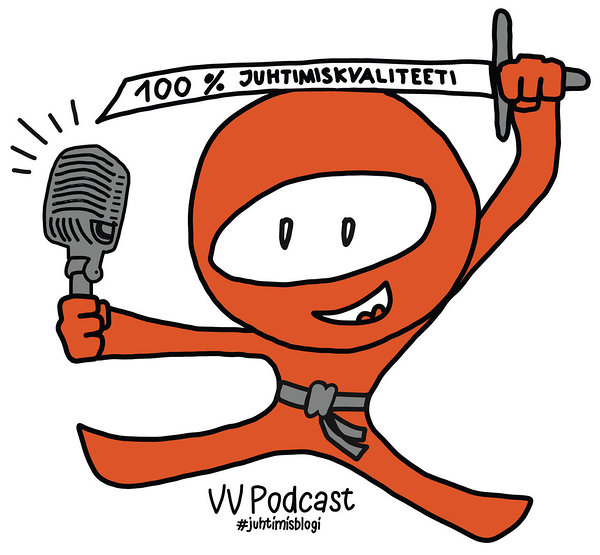My guest in this special episode of the podcast “Leadership is the Competitive Advantage” is Professor David Clutterbuck. David is one of the international pioneers of coaching and mentoring. He brought the concept of structured mentoring programmes to Europe in the early 1980s and, with David Megginson, is a co-founder of the European Mentoring & Coaching Council, for which he is now a Lifetime Ambassador. Of his 70+ books to date, more than a third are in the field of coaching and mentoring. Currently he is a visiting professor in the coaching and mentoring faculties of Oxford Brookes and Sheffield Hallam. He has a post-graduate certificate in coach supervision and he is an external examiner at both Ashridge Business School and Cork University. David has also set up The David Clutterbuck Partnership together with a pool of highly experienced experts in coaching and mentoring. He works with individuals, teams and organisations to help them have the meaningful conversations they need, to bring about significant, positive change. In this special conversation David exudes an immense knowledge of the subject and experience working with hundreds of mentees. This is a real gem.
“One of the fundamental leadership traits to develop in ourselves is ethicality, including ethical decision-making. Coaches that I advise around the world frequently are finding that one of the biggest issues that their clients face is inner conflict — having to do things that they actually do not think are right and they would not do in another context. But they might get acclimatised to do these sorts of things in the organisational culture they are immersed in. We know that unethical decisions often happen because people are surrounded by figures and things that make them think ruthlessly rather than humanely. And then suddenly something makes them realise that there is this dissonance between their life at work and life outside, and it genuinely worries them. You need to be curious enough about your own thinking patterns to recognise when you are doing things unethically. Whenever you find yourself in the challenging position as a leader, ask yourself this ethical question: how would I feel about the way that I am approaching this particular issue if we were doing it in public, transparently? Another question to ask is: which of my values is most important here? You probably are facing values conflict — so which value is the most important one here and why? And then you could have lots of other questions like: will I like myself more or less at the end of this? Or, will I respect myself more or less at the end of this? Those are just some of the questions we can ask ourselves as leaders when dealing with difficult matters. They are great in stopping us for a moment, allowing us to take a step back in order to get absolutely clear about what am I doing here and why I am doing this? Who am I doing it for? This is essential inner dialogue which helps to create more ethical leadership practices.” — David Clutterbuck
Listen and enjoy!
“One of the fundamental leadership traits to develop in ourselves is ethicality, including ethical decision-making. Coaches that I advise around the world frequently are finding that one of the biggest issues that their clients face is inner conflict — having to do things that they actually do not think are right and they would not do in another context. But they might get acclimatised to do these sorts of things in the organisational culture they are immersed in. We know that unethical decisions often happen because people are surrounded by figures and things that make them think ruthlessly rather than humanely. And then suddenly something makes them realise that there is this dissonance between their life at work and life outside, and it genuinely worries them. You need to be curious enough about your own thinking patterns to recognise when you are doing things unethically. Whenever you find yourself in the challenging position as a leader, ask yourself this ethical question: how would I feel about the way that I am approaching this particular issue if we were doing it in public, transparently? Another question to ask is: which of my values is most important here? You probably are facing values conflict — so which value is the most important one here and why? And then you could have lots of other questions like: will I like myself more or less at the end of this? Or, will I respect myself more or less at the end of this? Those are just some of the questions we can ask ourselves as leaders when dealing with difficult matters. They are great in stopping us for a moment, allowing us to take a step back in order to get absolutely clear about what am I doing here and why I am doing this? Who am I doing it for? This is essential inner dialogue which helps to create more ethical leadership practices.” — David Clutterbuck
Listen and enjoy!

Lisa kommentaar